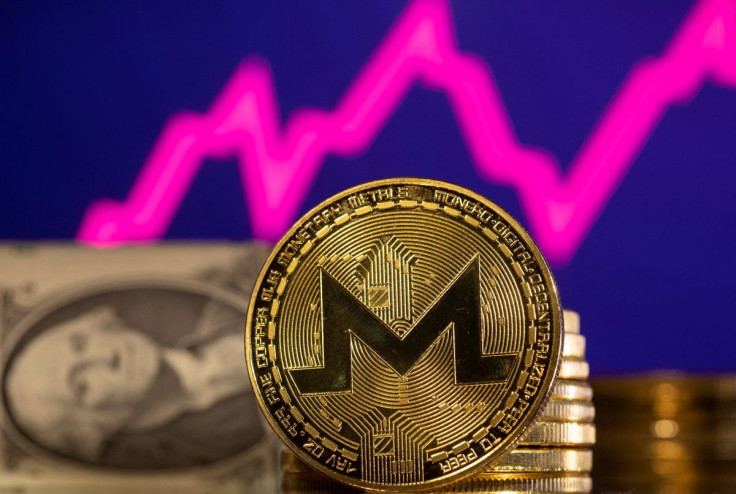SARB Sees Core Inflation Averaging 4.6% This Year

South African Reserve Bank (SARB) Governor Lesetja Kganyago said the agency expects core inflation averaging 4.6% this year and said the world is facing new economic challenges despite current issues are yet to resolve.
At the SARB's 104th annual meeting in Pretoria, Kganyago noted that technological advances bring both risks to cybersecurity and the potential for significant boosts in global productivity, SA News reported.
The SARB sees South Africa's core inflation averaging 4.6% this year, down from 4.8% last year. Inflation expectations eased in the first half of this year despite remaining well above the midpoint of the target band.
While headline inflation came out between 5% and 6% for much of the past year, SARB's current forecast shows it easing to 4.9% this year due to softening food and fuel inflation and resting at the midpoint in 2025 and 2026.
The domestic economy is expected to grow by 1.1% this year, rising to 1.7% by 2026, as both household spending and investment start to strengthen.
"Even with some quantitative and qualitative adjustments to risk perceptions over time, the Monetary Policy Committee (MPC) has felt it appropriate to maintain the repurchase (repo) rate at 8.25% – a level set in May of 2023," he said.
On the global front, Kganyago said although global inflation declined from 8.7% in 2022 to 6.8% in 2023 and continues to ease in 2024, it remains high relative to the 2%–3% inflation targets that many countries are trying to achieve.
"The global economy continues on a long recovery path from the pandemic. This path has been a troubled one, and despite better prospects in recent months, remains beset by risks and vulnerabilities built up during the pandemic," he said.
However, "global disinflation" has slowed down recently with U.S. consumer price inflation still at 3%, compared to their 2% target.
He noted that this slow disinflation is due to lower imported inflation but higher inflation in services across many economies. Rising wages and strong demand for services have been key factors in some economies.
In emerging markets, fiscal challenges and continued currency devaluations have also played a huge role. Kganyago said that central banks worldwide are committed to reducing inflation to their targets and are being cautious with their policies.
"Deepening geo-economic fragmentation, higher temperatures and other supply-related risks raise concerns about the long-term prospects for inflation, and considerable effort is going into reassessments of neutral real rate levels," the governor said.
Although inflation is still higher than desired, the global economy has shown more resilience than expected. Global growth was 3.3% in 2023, which was better than anticipated, despite different growth rates among different economies.
Overall, global growth is expected to stay below pre-pandemic levels due to protectionist trade measures, tight financial conditions and uncertainty about future policies.
Despite South Africa's slow economic growth, the country has recovered the 2.2 million jobs lost during the peak of the pandemic.
Last week, the African Development Bank Group approved an R18.85 billion ($1 billion) loan to rebuild Transnet as it struggled with issues in its rail and port operations due to a lack of investment in infrastructure and equipment, theft, vandalism, floods and the COVID-19 pandemic.
© Copyright 2026 IBTimes ZA. All rights reserved.





















